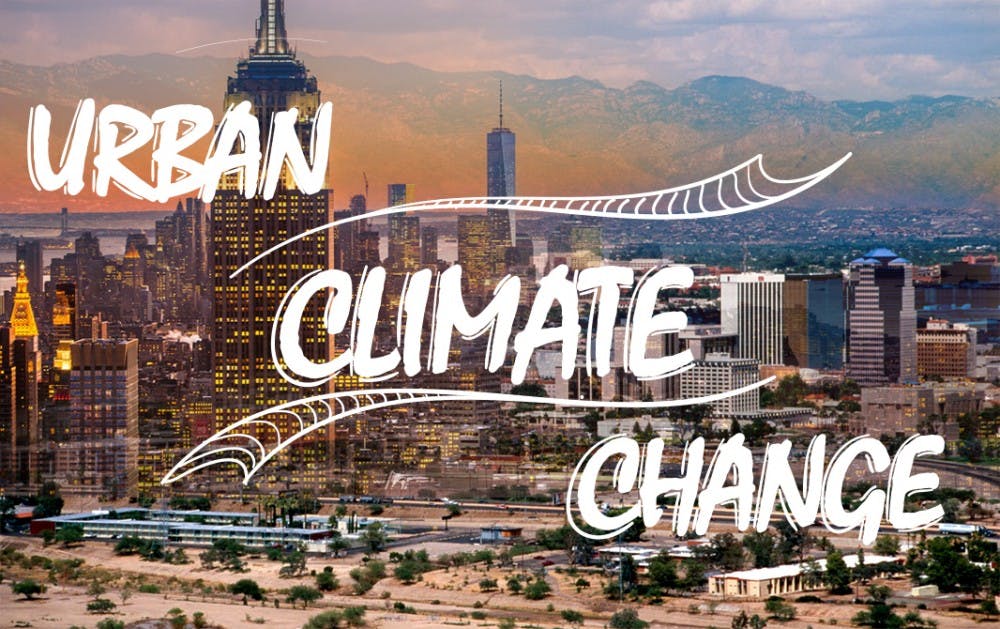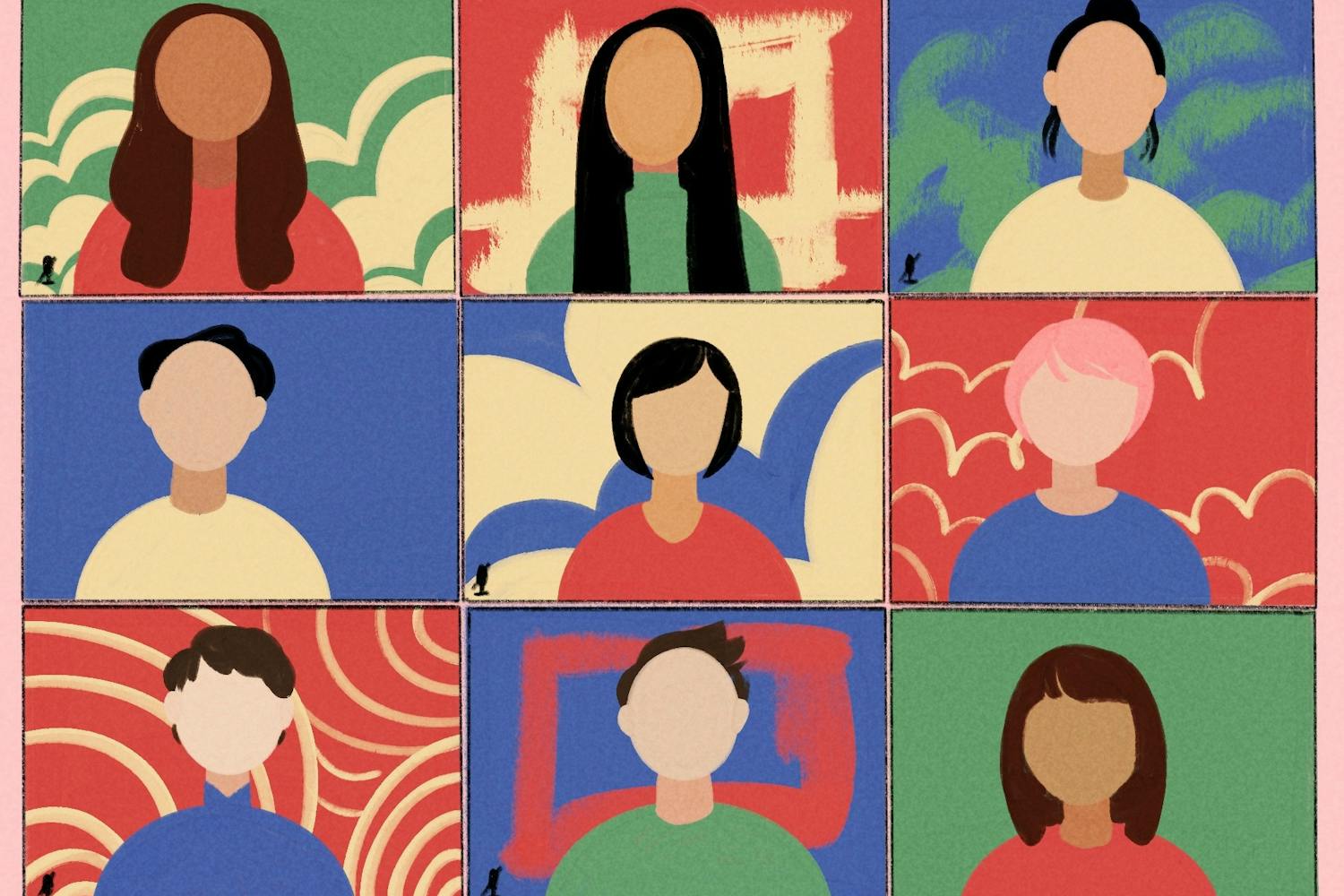ASU researchers are working with academics and officials in Tempe and Buffalo, New York to create smarter and more resilient strategies to cope with extreme temperatures.
The National Science Foundation awarded $100,000 to researchers from ASU and the University at Buffalo to design a framework to make cities more adaptable to extreme temperatures.
According to the grant's abstract, extreme temperatures are the nation's leading cause of weather-related deaths. The project aims to build the foundation of a larger effort to explore technology like weather sensors, cooler sidewalks and emergency response strategies to extreme heat and cold.
The grant is part of the NSF's Smart and Connected Communities initiative, which aims to help cities become more integrated with technology and research.
Paul Coseo, an assistant ASU professor at The Design School and the principal investigator for the project, said the project is designed to start the "pre-work" needed to continue research into city resilience to thermal extremes.
"The idea ... is to dig into an issue that’s hard to tackle. Cities have been trying to tackle temperature," Coseo said. "But also have a peer-to-peer so cities can learn from other cities.
While the climates of Buffalo and Tempe are vastly different, researchers said the cities could still learn from each other.
According to WIVB, a Buffalo-based local news station, Buffalo experienced record cold temperatures in the last week of the 2017. Temperatures remained under 20 degrees for the last four days of December.
Phoenix gets its fair share of extreme temperatures. According to the National Weather Service, Phoenix averages 18 days over 110 degrees every year.
Coseo said the cities will collaborate and discuss strategies to manage temperatures, including how to protect homeless populations from the elements.
"One of the things that Tempe is really interested in learning from Buffalo is their emergency response to temperature extremes," Coseo said.
Braden Kay is the sustainability program manager for the city of Tempe and a senior sustainability fellow at the Julie Ann Wrigley Global Institute of Sustainability.
Kay said the project fits into Tempe's overall climate strategy.
"(Coseo) has been able to assemble an awesome interdisciplinary team of researchers at ASU, partner institutions and University at Buffalo to help us figure out how to better use data in our decision making," he said.
He said the goal of the project is to make Tempe cooler and more livable.
"Right now, you can walk down a sidewalk that has no trees and is built with traditional methods and it could feel like it's 120 degrees," Kay said. "The question is, what can we do to the sidewalk, to the street, to the building, to potential trees ... to make it (so that instead) ... you’re experiencing 95 degrees?"
Researchers and city leaders from Tempe and Buffalo will meet on March 2 in Tempe to start formulating solutions to these extremes.
Work at the forum will be divided into groups focused on separate issues such as emergency response, landscape improvement and building codes, Kay said.
ASU works closely with Tempe to develop and implement cutting edge sustainable technologies.
"ASU is an absolutely critical partner," Kay said. "Tempe is only going to be able to achieve becoming a resilient and sustainable city if it's working closely with ASU, residents (and) students to help motivate that change."
Zoe Hamstead, an assistant professor at University at Buffalo and a co-principal investigator of the grant, said different agencies like the National Weather Service and emergency medical services can come together to manage heatwaves or cold streaks.
"There’s an important role for the cross-pollination across the two cities to play," Hamstead said. "Really, this is about building relationships, and it’s about understanding challenges and opportunities."
Reach the reporter at cscragg@asu.edu or follow @monsoonchaser on Twitter.
Like State Press on Facebook and follow @statepress on Twitter




